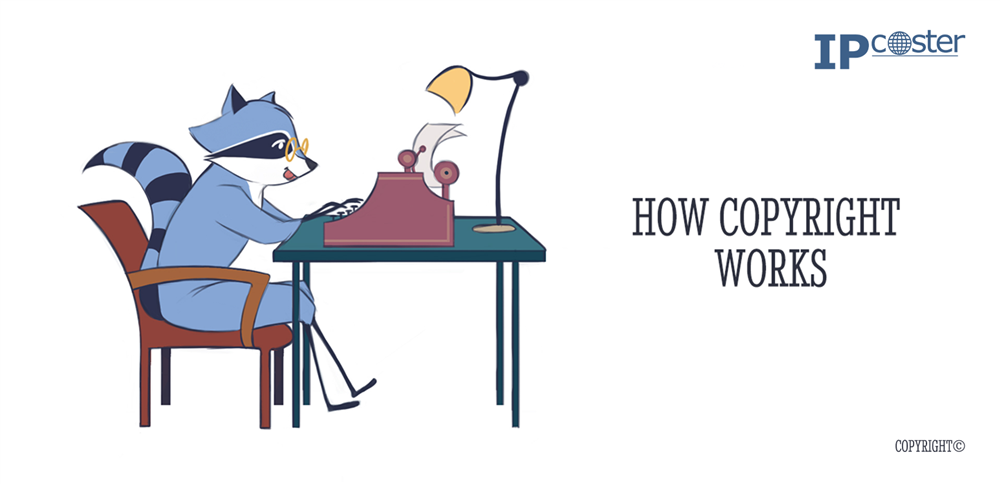IP-Academy

How Copyright Works
A copyright is a legal right protecting an original work created by an individual and fixed in a tangible medium. Similarly to other types of IP rights, copyrights prevent others from using original work without prior permission from the owner. This can include the prevention of other people copying or adapting your work, distributing, renting, or putting copies of your work online, or performing your work in public. However, one of the most significant differences of copyrights from other types of IP is that they are granted automatically, as opposed to needing to be applied for and examined prior to the granting of protective rights by a specific patent office. A copyright is therefore assumed to be in place from the moment one produces original literary, dramatic, musical and artistic work, including photography, as well as non-literary written work such as software, web content or databases. The layout of published versions of written, dramatic or musical works, recordings of film, television, sound, music, or broadcasts are also subject to copyright protection.
The validity period of copyrights can vary for each type of work in different jurisdictions, and can be governed in other countries by national laws based on minimal standards provided in international agreements such as the Berne Convention.
In the UK, written, dramatic, musical and artistic works, including photography, are typically protected by copyright for 70 years following the year of the author's death, films for 70 years from the death of the director, screenplay, author and composer, whichever occurs last, and sound and music recordings for 70 years from the first date of publication. Broadcasts are protected for a lesser term of 50 years from the first broadcast, whilst a layout of published versions of written, dramatic or musical works is valid for 25 years from the first publication date.
Whilst a copyright is automatically available for the aforementioned works, the onus is on the owner of the right to protect it against infringement. In this regard, although some use of a copyright is allowed under certain circumstances, such as fair use, the majority of third parties who wish to use a work for a commercial purpose must first obtain a permission or license, a contractual agreement between the owner and the user of the right. A licence can be used to control the ways in which the work is used, as well as the length of time it can be used for. Other contractual agreements also come into play when it comes to things like negotiations of the sale or transfer of rights via assignment, or the organisation of economic rights, for example.
Certain parties such as schools, archives, public administration or libraries may be able to use the work without permission from the copyright owner, and therefore it is important to verify if the use you wish to halt qualifies as infringement before taking action.
The above covers the basics of copyright in the UK, however, the law on copyright in other countries may differ. For more information on copyright in your jurisdiction, please contact us.